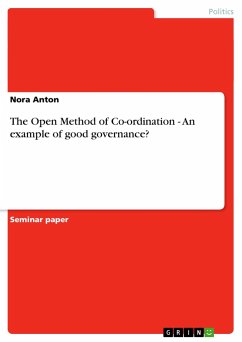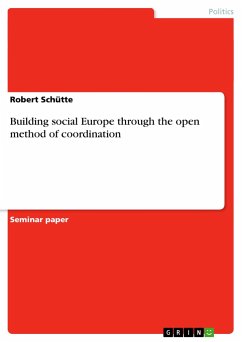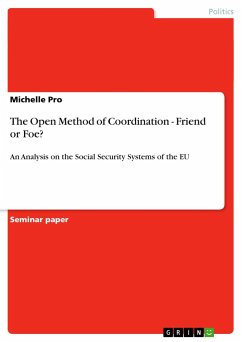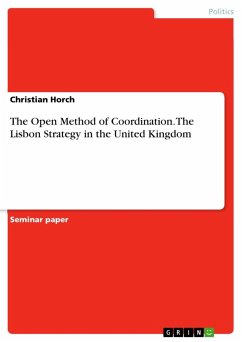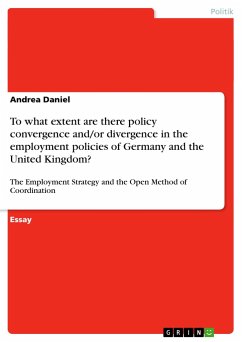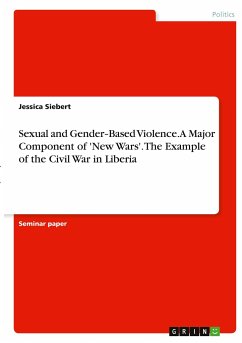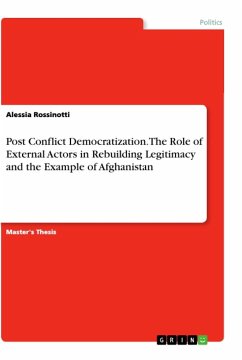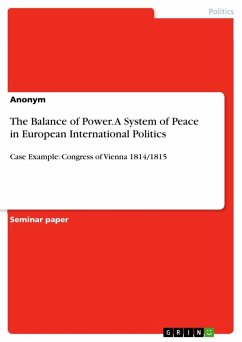Seminar paper from the year 2006 in the subject Politics - International Politics - Topic: European Union, grade: 1,0, University of Twente , language: English, abstract: Growing European economic, social and cultural integration has implied an ever rising and ever more direct impact of the European Union on various aspects of the lives of its citizens. Although it remains uncontested that integration has brought a long period of stability and economic growth to the region, questions have increasingly been raised about the democratic legitimacy of the EU rule. After all, members of the most important Community Institutions are not democratically elected for the tasks they carry out and methods of policy-making are often too complicated for being traced by the public.There is one policy area which has a very direct effect on citizens' lives and which is more and more concerned by integration: social policy. This is why it is preferred to other areas which would of course also havebeen suitable to serve as a concrete example in this investigation. In consideration of the facts that the settings of European welfare states are too diverse to find a one-fits-all solution, and that national leaders have been reluctant to cede this policy area to the supranational level, a new method has progressively been applied to the different fields of social policy: the Open Method of Co-ordination (OMC), a very prominent example of multi-level and multi-actor governance. At first, guidelines - which are not legally binding - are passed by the Council. Their implementation is then completely left to the member states. Important features of this method include the identification of best practices in member states, benchmarking and peer review.In 2000, the Commission, aware of a growing distrust of the citizens towards the EU, decided to initiate a governance reform, setting out five principles of good governance to be observed in EU policy making: transparency, participation, accountability, effectiveness and coherence. This paper will outline the processes of OMC and, referring to different stages of the policy chain, examine the question to what extent the OMC as applied in social policies meets these criteria at this stage and where there is still a need for improvement.
Hinweis: Dieser Artikel kann nur an eine deutsche Lieferadresse ausgeliefert werden.
Hinweis: Dieser Artikel kann nur an eine deutsche Lieferadresse ausgeliefert werden.

